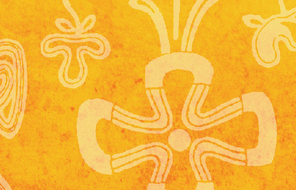Resource Library
Find compelling classroom resources, learn new teaching methods, meet standards, and make a difference in the lives of your students.
We are grateful to The Hammer Family Foundation for supporting the development of our on-demand learning and teaching resources.

Introducing Our US History Curriculum Collection
Draw from this flexible curriculum collection as you plan any middle or high school US history course. Featuring units, C3-style inquiries, and case studies, the collection will help you explore themes of democracy and freedom with your students throughout the year.
3286 Results
Media and Strategies for Teaching Farewell to Manzanar
Find the teaching strategies, media, and online resources referenced throughout the Teaching Farewell To Manzanar guide.
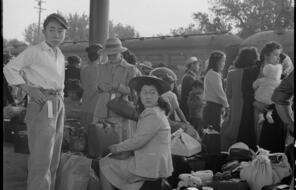
Media and Strategies for Teaching Warriors Don’t Cry
Find the teaching strategies, media, and online resources referenced throughout the Warriors Don't Cry memoir teaching guide.
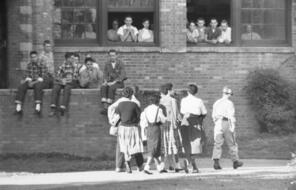
Combating Antisemitism and Racism
Help students strengthen their civic voices by exploring examples of individuals who are choosing to participate and make their voices heard in their communities.
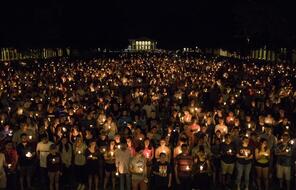
The Reconstruction Era 3-Week Unit
Teach a 3-week study of the Reconstruction era guided by the essential question "What can we learn from the history of Reconstruction as we work to strengthen democracy today?"
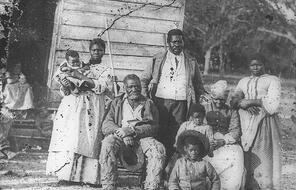
Three Good Things
Students practice gratitude by naming and recording three good things that have happened that day.

Slow Down with The Slowdown
Students use poetry as a spark for reflection and discussion about what’s happening in their lives and the world.

Take a Stand
Students practice debate and perspective taking by taking a stand on a controversial statement.
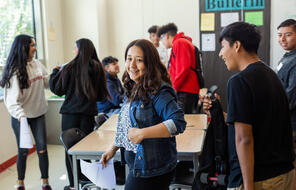
Appreciation, Apology, Aha
Students reflect on the day by asking them to share an appreciation, an apology, and an “aha” moment.

Closing Challenge
Students identify one personal or academic goal that they would like to commit to in the week ahead.
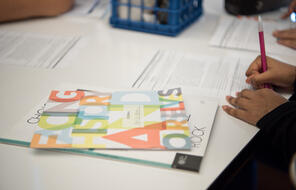
Language and Identity
Explore how language and culture shape identity, and learn about the challenges faced by the Indigenous Peoples of Canada to preserve their traditional identity.
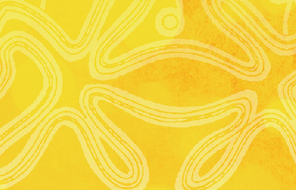
Looking Back, Looking Ahead
Students reflect on the past year and generate ideas for the kind of learning community and learning experiences they are hoping for this year.


